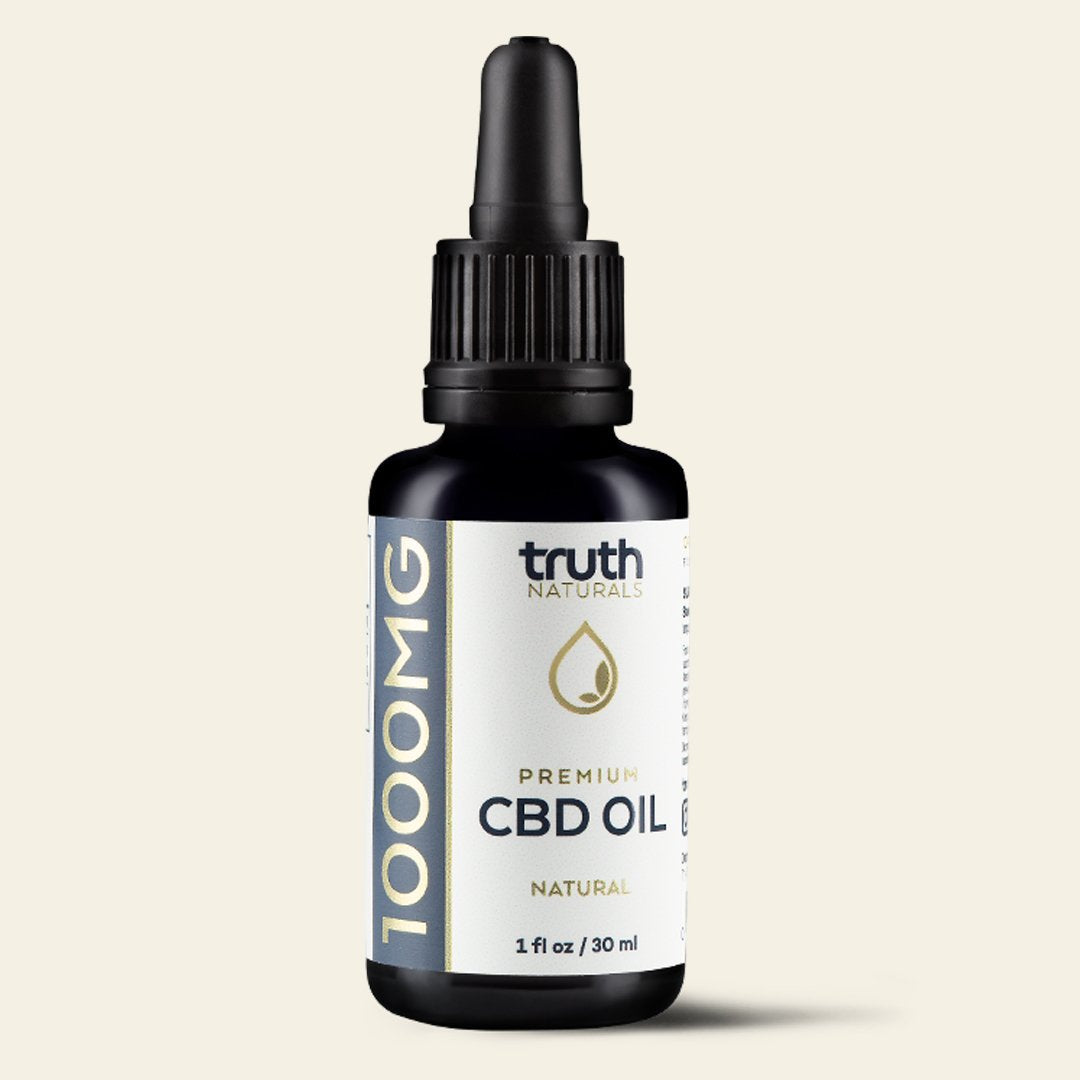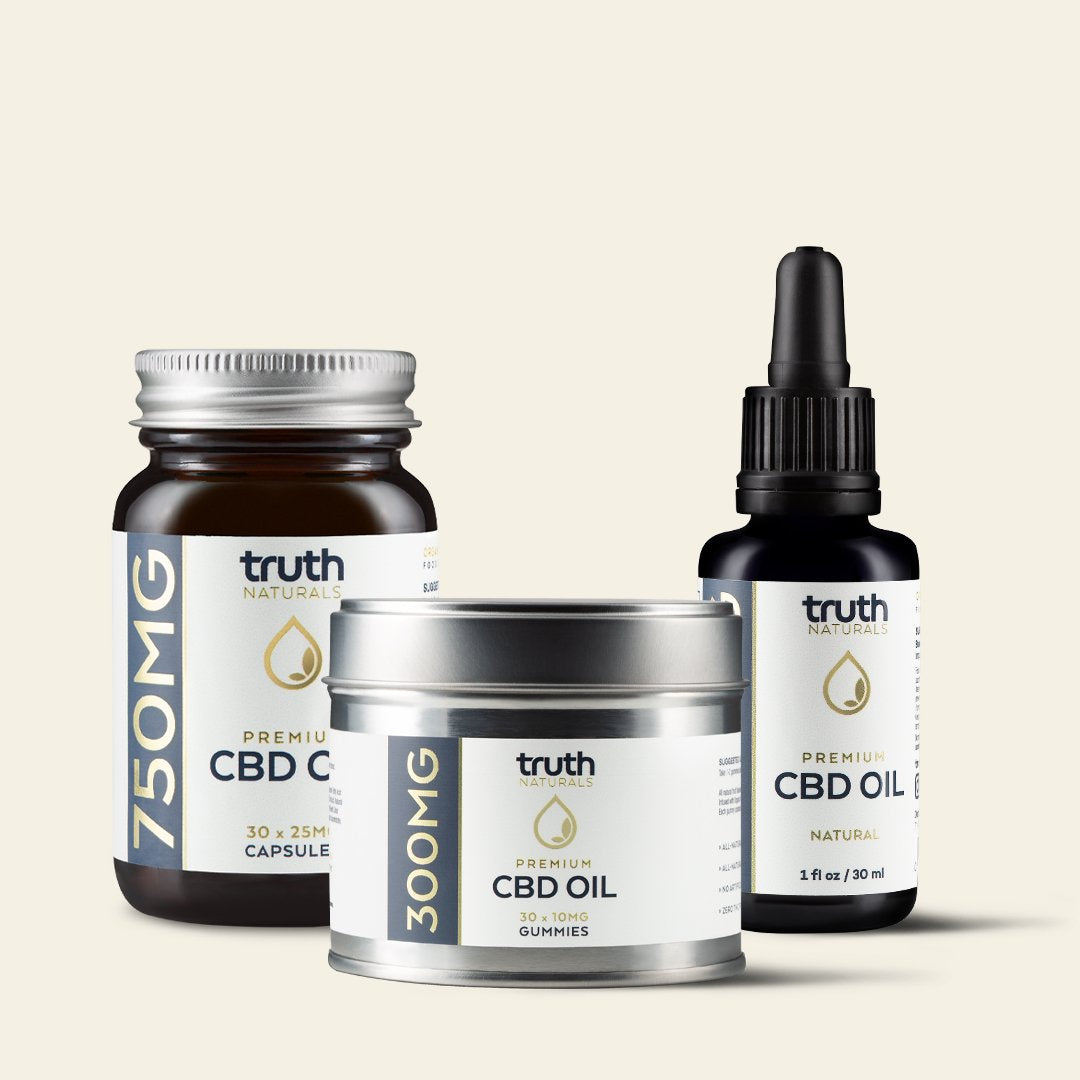-
CBD PRODUCTS View all products
-
CBD COLLECTIONS
Should you be napping?
Weighing up the pros and cons of napping & tips for a better nights sleep
Written by Joe Jackson
It is hard to find a better feeling than feeling well rested after a good night’s sleep. Unfortunately, that is not a luxury that everyone is afforded. Many find solace in catching up on missed hours with a late-morning snooze, midday nap, or afternoon siesta. We tend to view napping as something reserved for babies, growing teenagers or for a relaxing day during our vacation. However, can naps be more powerful than conventional wisdom suggests?
So are there any pros in napping?
The simple answer is yes. Napping is known for several short-term benefits:
1) Gives you an extra boost of energy
The perfect night sleep always makes you more energised for the day ahead. Getting a 20-minute nap in if you fail to get adequate sleep the night before can have a similar effect.
2) Puts you in a better mood
Have you ever noticed that you feel crankier if you haven’t got enough sleep? Well that is one of the main side effects of a lack of sleep. Having a nap can counteract this problem - and I am sure one your family and/or co-workers will thank you for it.
3) May reduce your need for caffeine
If you are like me, you often have a coffee (or two) during the day to wake you up or make you to feel more alert. A nap can have a very similar effect and leave you with less of the negative benefits that comes with too much caffeine; like the jitters and energy crashes.
Research finds that taking a nap might do more than just improve your mood, it may help you live longer. Research published in the journal heart has shown that a daytime nap may lessen the risk of having a heart attack or stroke (1). The key findings were:
1) Occasional napping, once to twice weekly, was associated with an almost halving in attack/stroke/heart failure risk (48%) compared with those who didn't nap at all.
2) Frequent nappers (3-7 naps a week) tended to be older, male, smokers, weigh more, and to sleep for longer at night than those who said they didn't nap during the day.
The best time to nap
Trying to reap the benefits of a nap can be tricky, especially with the modern 9-5 way of working. If you do work from home or are able to squeeze in a nap the best time is between 2:00 pm and 3:00 pm. Your circadian rhythm is programmed to feel sleepy around that time. Also, it is likely to be just after lunch when the blood sugar and energy levels will start to dip. (2)
What about any cons?
While there are undoubtedly a number of positives associated with a short nap, there have also been studies that suggest that anything exceeding an hour can actually have detrimental health effects. A study published in in 2019 tracked 31,000 participants for six years and demonstrated that oversleeping can have a negative effect on your health. (3) They found:
1) People who took a regular midday nap lasting more than 90 minutes were 25 percent more likely to later have a stroke than people who took a regular nap lasting from one to 30 minutes.
2) They also found that people who slept more than nine hours each night were 23% more likely to have a stroke than people who slept between seven and eight hours.
The sleep council have also highlighted some further problems with napping. Sleep inertia (or morning grogginess) is often experienced after napping because we wake mid-sleep cycle. (4) Therefore, it is important - despite being tempted - we don't have extended naps.
What about any cons?
While there are undoubtedly a number of positives associated with a short nap, there have also been studies that suggest that anything exceeding an hour can actually have detrimental health effects. A study published in in 2019 tracked 31,000 participants for six years and demonstrated that oversleeping can have a negative effect on your health. (3) They found:
1) People who took a regular midday nap lasting more than 90 minutes were 25 percent more likely to later have a stroke than people who took a regular nap lasting from one to 30 minutes.
2) They also found that people who slept more than nine hours each night were 23% more likely to have a stroke than people who slept between seven and eight hours.
The sleep council have also highlighted some further problems with napping. Sleep inertia (or morning grogginess) is often experienced after napping because we wake mid-sleep cycle. (4) Therefore, it is important - despite being tempted - we don't have extended naps.
.
A better night's sleep
Napping does have its use and benefits, but it can be a sign of a sleep deficit. If you are constantly craving naps it might be a signal that you need to improve your sleep at night. Here are some of the Truth Origin's team tips for a better night’s sleep.
Whilst the stress and uncertainty of the time we are currently living in can make sleeping harder, it is important that we aim for adequate amounts of sleep, not only for the longer-term health benefits, but also to ensure we are getting the most out of each day✨ Naps may just be what you never knew you were missing!
References:
1)https://heart.bmj.com/content/105/23/1793
2)https://www.sleep.org/articles/whats-the-best-time-of-the-day-to-nap/
3)https://n.neurology.org/content/94/4/e345
4)https://sleepcouncil.org.uk/advice-support/sleep-hub/sleep-matters/sleep-inertia/
Like these posts? Stay up-to-date!
Join the Truth Club to stay up-to-date on our latest blog posts, updates and exclusive discounts.
↓










